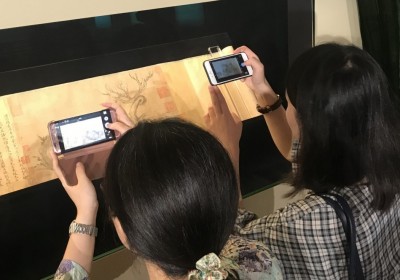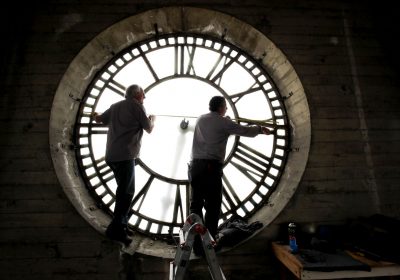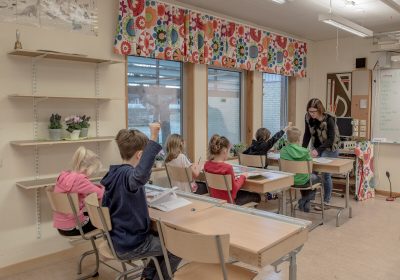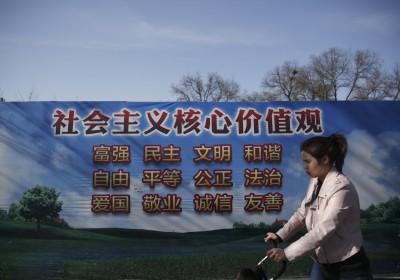
(翻譯內容以英文版本為準)
1968 年,數學家布雷斯(Dietrich Braess)發佈論文,展示在某些情況下,開拓新的道路反會降低原來道路網絡的使用效率。
表面上這是一份出於好奇心的研究,但於我而言,這是一個公然的證詞,力證一個現代社會難以接受的事實:革新有時候不等於進步。
這別誤會這是固步自封的守舊。我絕非想回到交通不便、人與人之間溝通出諸多阻滯、低效率的加熱、燈光、食物難以保鮮的時候,亦毫不響往獨裁的奴隸制度引致的跛腿、或是由缺乏抗生素導致病毒肆虐,隨之帶來的人口大幅傾瀉。
然而,於我看來,改變有時候是出於自我感覺良好或個人喜好,多於它為大眾帶來的實質效用。
我曾經花了一個半小時,被逼在洗衣店網站輸入一大堆個人資料。即使我對該網站毫不感興趣,我還是要這樣做 —— 只為了儲值我的「洗衣卡」。
從前,直接以真人儲值,只消不到一分鐘;自從我的社區決定將大閘「升級」至自動閘門,成功進入大閘需要經過 4 至 5 次刷卡,比以前用鎖鑰開門多花了 3 倍時間(附送額外的挫敗感)。
自附近的商店實施自助收銀機器,排隊付款時,看著前面的人因為語音機械人的不妥協,導致情緒崩潰成為日常的體驗。
確實,手提電話為我記下數以百計的電話號碼,而我為了使用電話同時也要記下無數密碼:電郵、交通應用程式、銀行應用程式、社交媒體、新聞、網購…… 當然還有洗衣店網站。除了記下這些密碼,還要無時無刻刪除以上程式為我帶來海量而無用的訊息通知。
為大學考試監考時,我得瀏覽無數網站以諮詢考試規範,獲分配一大堆我毫不關心的考生號碼及代碼。我甚至要走到城市另一端,坐在嘈雜的試場內,看著幾乎同步的考生將他們的答案寫在印有獨特編號的試卷上。
如此勞師動眾的原因無他,只因在平常的課室內以普通的紙張來測考學生顯得不夠專業。
然而,必須接受所謂進步演化,本該如此。改變隨時發生,而為社會帶來利益的創新才會存活下來;否則,該改變根本不會推動社會的進程。我只希望所有失敗的「進步」,會盡快滅絕。
 Uncomfortable Comforts
Uncomfortable Comforts
In 1968 the mathematician Dietrich Braess published a paper demonstrating that sometimes opening a new road will, counter intuitively, render the road network less efficient than it was before.
It seems to me that this study, which by itself looks like nothing more than a curiosity, is in truth a blatant testimony of what often modern ages fail to accept, that innovation and improvement are not always quite the same thing.
I don’t want to be mistaken for a deluded nostalgic who’d like to go back to a life of painfully slow travelling and communicating, inefficient heating, lighting, and food preservation, crippled by likely dictatorial serfdom and raging illiteracy of a populace mown down the lack of antibiotics.
Sometimes, however, it seems to me that change is implemented more for pride or custom than for real utility.
I once spent half an hour being forced to insert a swathe of personal information that even I find uninteresting into a website, just to manage to put money on a laundry card, a process which I suspect replaced a less-than-one-minute-long personal conversation.
Since my residence decided to “upgrade” the front gate to an automatic one it takes about four or five card-swipes and three times as much time and frustration to get inside than with an old steel key.
Since my local shop implemented automatic cash machines, queueing behind someone having an emotional breakdown caused by the intransigence of its robotic voice is a daily experience.
If it’s true that my phone now memorises hundreds of phone numbers for me, I have to memorise dozens of passwords to use it – emails, transport apps, banking apps, social media, news, online shopping sites – and of course the laundry website – and spend some time everyday deleting the mostly useless notifications all these things constantly provide me with.
To sit an exam at university I had to consult numerous websites of verbose norms, was assigned a whole bunch of codes and candidate numbers which I’d never learn by heart, had to travel to the other side of the city, and sit in a noisy room of thousand almost-synchronised candidates, writing on special paper that had more obscure numbers and codes in the margins than space to write on.
All because, apparently, showing up to our usual classrooms with a pen and a sheet of paper with our name on it just doesn’t feel as professional.
But I will have to accept that this is how evolution works, change happens randomly, and only the innovations that happen to be beneficial survive. Otherwise, there would be no progress at all. I just hope the failed evolutions will go extinct quickly.














